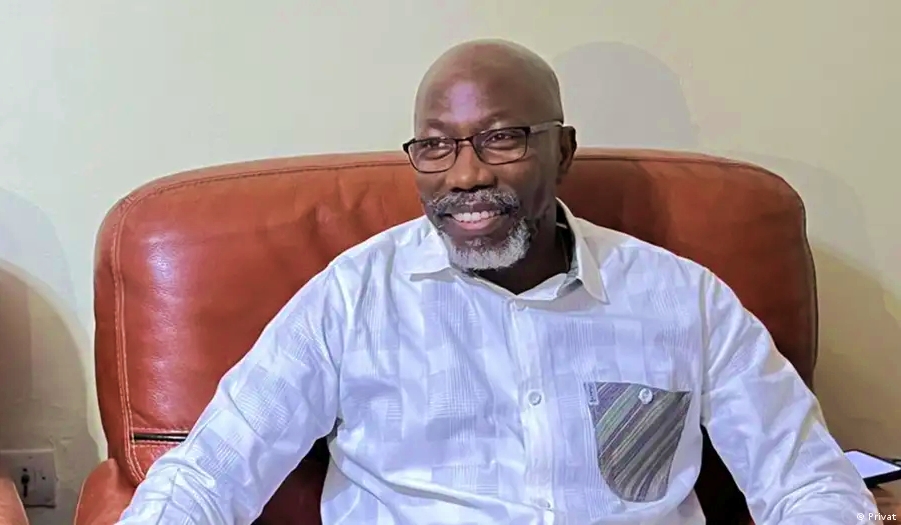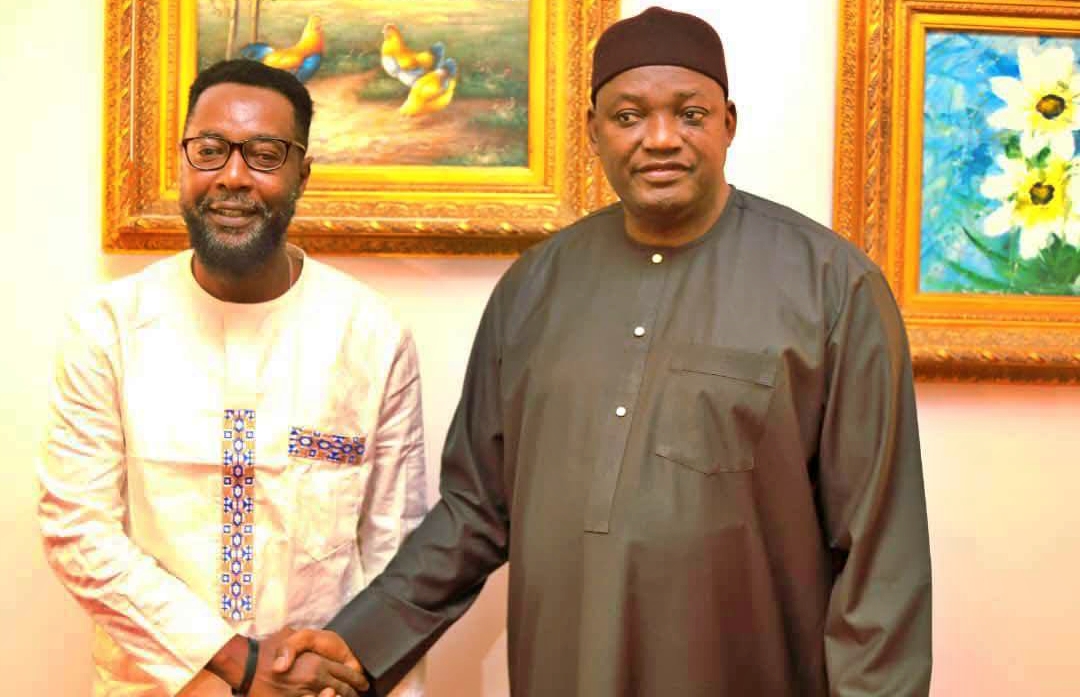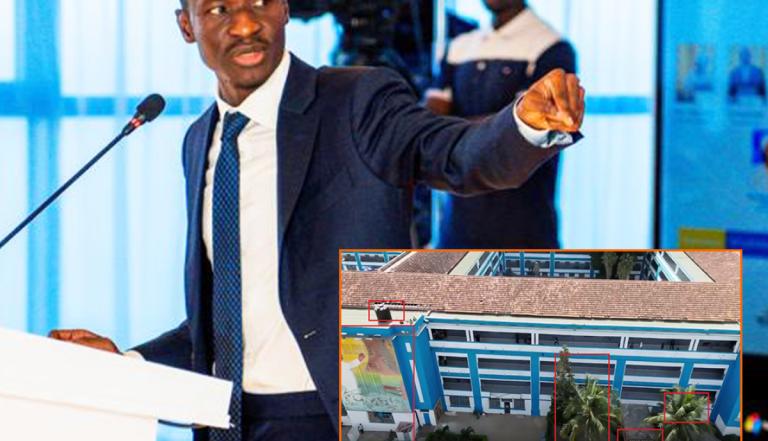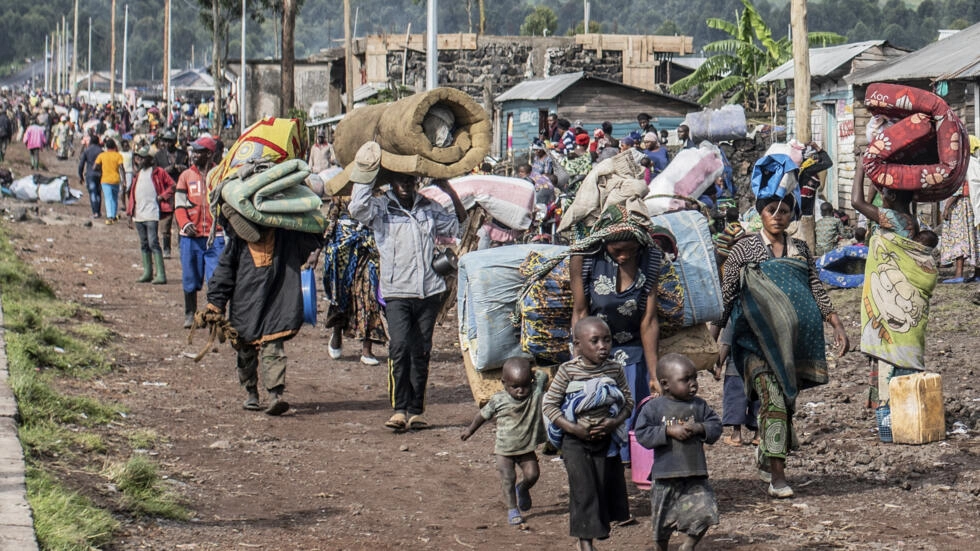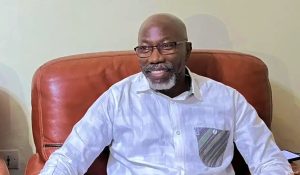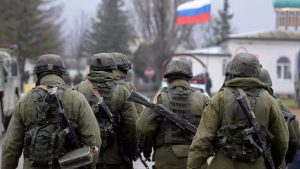The eastern Democratic Republic of Congo (DRC) is in the grip of a violent resurgence, with at least 200 people killed and thousands forced to flee as conflict intensifies in the region. The March 23 Movement (M23) rebel group is advancing towards Goma, the capital of North Kivu province, sparking clashes with the Armed Forces of the Democratic Republic of Congo (FARDC) and other armed groups.
The violence has led to a humanitarian crisis, with aid organizations reporting an influx of wounded civilians in Goma and Sake, a small city considered the last line of defense before Goma. The International Committee of the Red Cross (ICRC) stated that continuous fighting is hampering aid delivery, particularly medical supplies, in isolated areas.
In Ituri province, over 200 civilians have been killed, and more than 52,000 people have been forced to flee their homes in recent weeks. The conflict has also resulted in the destruction of over 2,000 homes and the closure or destruction of 80 schools.
Doctors Without Borders (MSF) reported that many of the injured civilians arriving at hospitals have gunshot wounds and injuries from explosions. The situation is overwhelming healthcare facilities, with thousands of people crowded inside seeking refuge.
The conflict in eastern DRC is fueled by historic ethnic and national rivalries, competition for power, land, and mineral resources, and regional geopolitics. The M23 movement, a primarily Tutsi-led group, has been fighting against ethnic Hutu militia groups and others defending their communities.
DRC President Félix Tshisekedi has accused Rwanda of supporting the M23 rebels, further complicating the situation. The United States has urged both nations to de-escalate the conflict, including withdrawing troops from the border.
The ongoing violence has led to the world’s largest internal displacement, with an estimated 7 million people displaced, according to the International Organization for Migration. In Kinshasa, the capital of DRC, protesters have taken to the streets, accusing Western embassies of failing to intervene in the conflict. The U.S. Embassy in Kinshasa has issued security alerts, advising citizens to keep a low profile.
Tshisekedi and other East African leaders are engaged in diplomatic efforts under the Nairobi and Luanda processes to resolve the conflict. The international community has reiterated its support for these initiatives and called on all parties to adhere to their commitments.
The situation in eastern DRC remains volatile, with civilians bearing the brunt of the violence. Immediate action is needed to protect civilians, provide humanitarian assistance, and find a peaceful resolution to the conflict.



